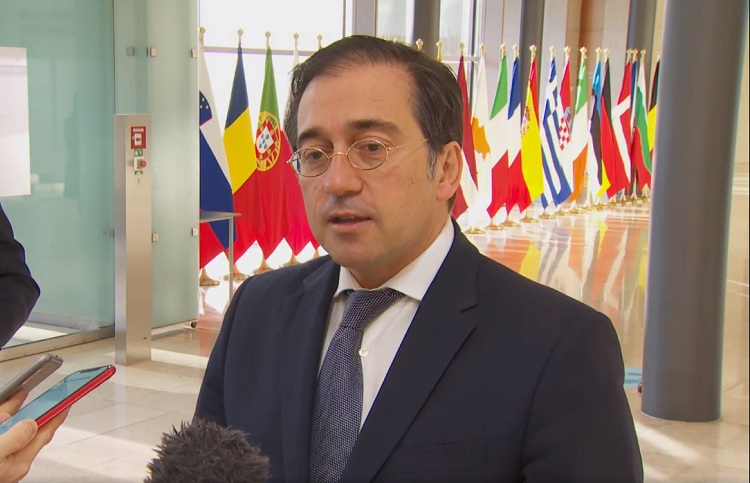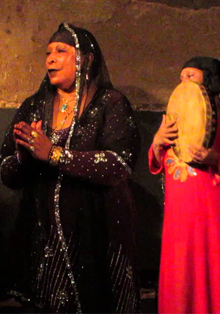Eduardo González
Spain and the rest of the EU Member States have asked the High Representative for Foreign Policy, Josep Borrell, to start preparing a possible “third round” of sanctions against the Nicaraguan regime, including the “entourage of President Daniel Ortega”, in view of the possibility of “electoral fraud” in the general elections of November 7.
This was explained yesterday to journalists by the Minister of Foreign Affairs, José Manuel Albares, at the end of an EU Foreign Affairs Council that has included, “as a main point for Spain”, the situation in Nicaragua. “We have led, once again, the position in the EU and we have obtained a general consensus on our positions to try to reverse the current situation, which leads us to a situation that we can describe as electoral fraud”, because “the minimum conditions for a democratic, free, transparent and competitive electoral process do not exist”, declared the Minister in Luxembourg.
“Therefore, we have considered different options to try to change the situation before November 7,” he continued. “In the case, as everything indicates, that this does not happen, we have also considered a series of measures with which the External Action Service and the High Representative, Borrell, will begin to work, supported by the EU States”, and which could translate into “a third round of sanctions at a personal level, including the entourage of President Ortega, if necessary”, he assured.
Albares did not specify specific deadlines for these measures, although he did assure that, “without any doubt”, the measures would be implemented “as of November 7“. “The EU Foreign Service is going to put on the table a paper with concrete proposals and, once November 7 arrives and what at this time, unfortunately, seems quite inevitable, takes place, is when we will consider these possibilities,” he said. In any case, he warned, “given that it is very complicated and I am not very optimistic that circumstances will change in Nicaragua, we are going to start working now to have this whole battery of measures ready and to be able to act very quickly”.
Yesterday’s discussion on Nicaragua came a week after the EU Council extended for one year, until October 15, 2022, the targeted restrictive measures imposed on Nicaragua. The sanctions regime was first introduced in October 2019 to address the deteriorating political and social situation in the country and targets individuals and entities responsible for human rights violations or abuses, or repression of civil society and democratic opposition in Nicaragua, as well as individuals and entities whose actions, policies or activities undermine democracy and the rule of law. The sanctions currently apply to 14 individuals, including Vice President and First Lady Rosario Murillo, and were designed not to harm the population or the economy of that country.
Last June 10, Josep Borrell called for the restoration of inclusive dialogue and democracy as the only way out of the political, economic and social crisis in Nicaragua and called on the Nicaraguan authorities to put an end to the repression and to fully guarantee respect for human rights and civil and political rights in the country. “Instead, the Nicaraguan government has intensified repression” and “eliminated the possibility of any serious electoral competition at the polls on November 7, 2021,” the Council denounced in justifying its new sanctions.
Spain versus Ortega
The Spanish government has repeatedly denounced the situation in the Central American country, which has resulted in a clear deterioration of diplomatic relations between Madrid and Managua. Last June, the then Minister of Foreign Affairs, Arancha González Laya, and her counterparts from Costa Rica, Belize, Guatemala, Panama and the Dominican Republic demanded in a joint letter the “immediate release” of the Nicaraguan opposition leaders detained by Daniel Ortega’s regime. Likewise, the Spanish government expressed in August, in a communiqué, its conviction that Nicaragua’s electoral process will not offer a result with guarantees and credibility and urged Daniel Ortega’s regime to stop the repression against the opposition and the media.
A few days later, Albares recalled the Spanish ambassador in Managua, María del Mar Fernández-Palacios, for consultations following a note issued by the Nicaraguan government accusing Spain of “meddling, interference and intervention” in Nicaragua’s internal affairs. In its note, the Managua regime also accused the Spanish Executive of failing to comply “continuously with the rights of its peoples to autonomy or autonomous processes of independence” and denounced the “crimes against humanity, never investigated or judged by the GAL in the 80’s” (those responsible for the Ministry of the Interior involved), José Barrionuevo, Rafael Vera or Julen Elgorriaga, were prosecuted and convicted, although later pardoned, and the courts never qualified the facts as crimes against humanity) and the “ferocious and brutal colonial and neocolonial history” of Spain.






